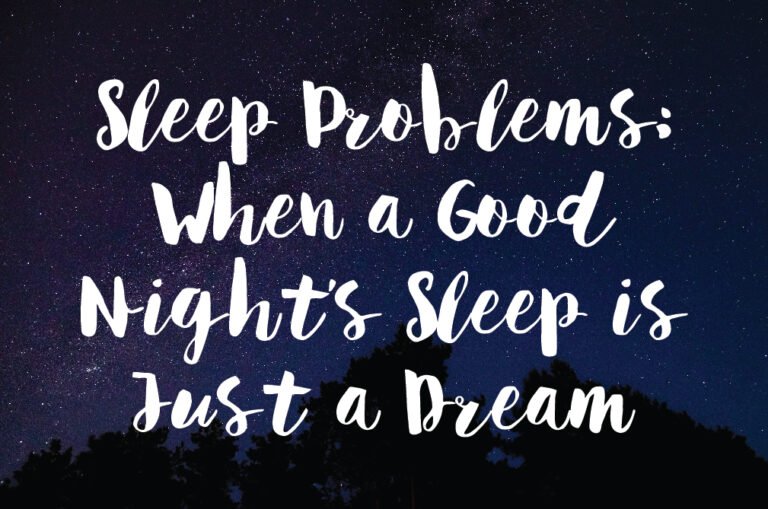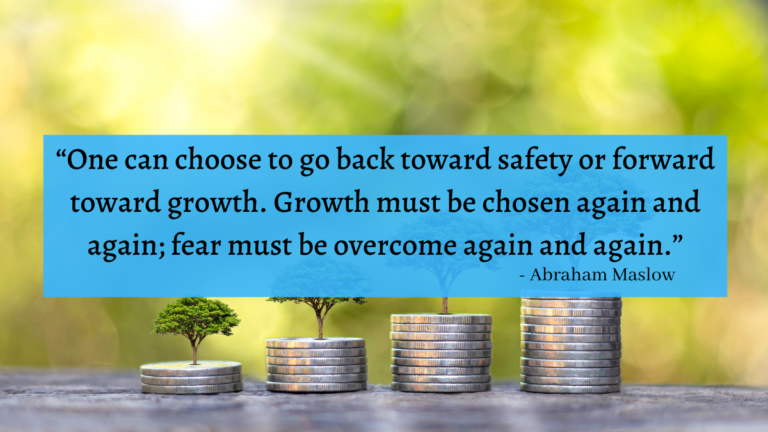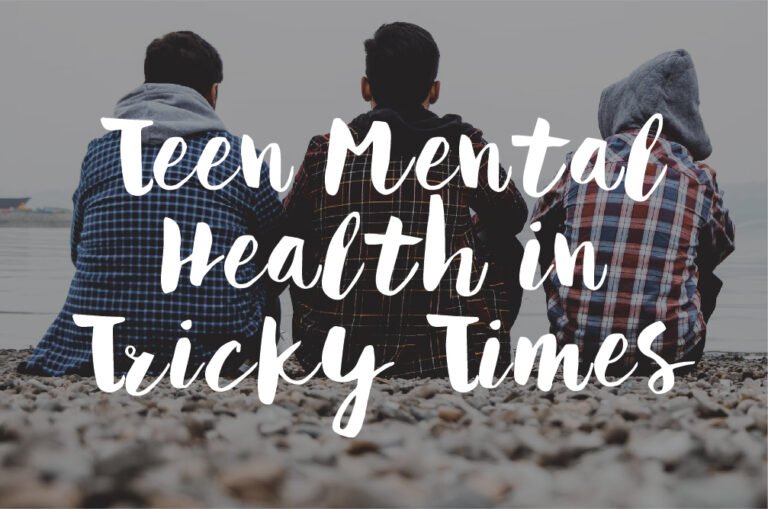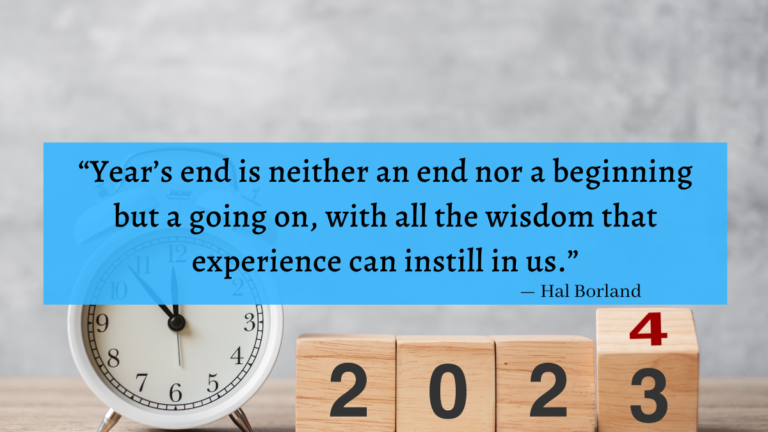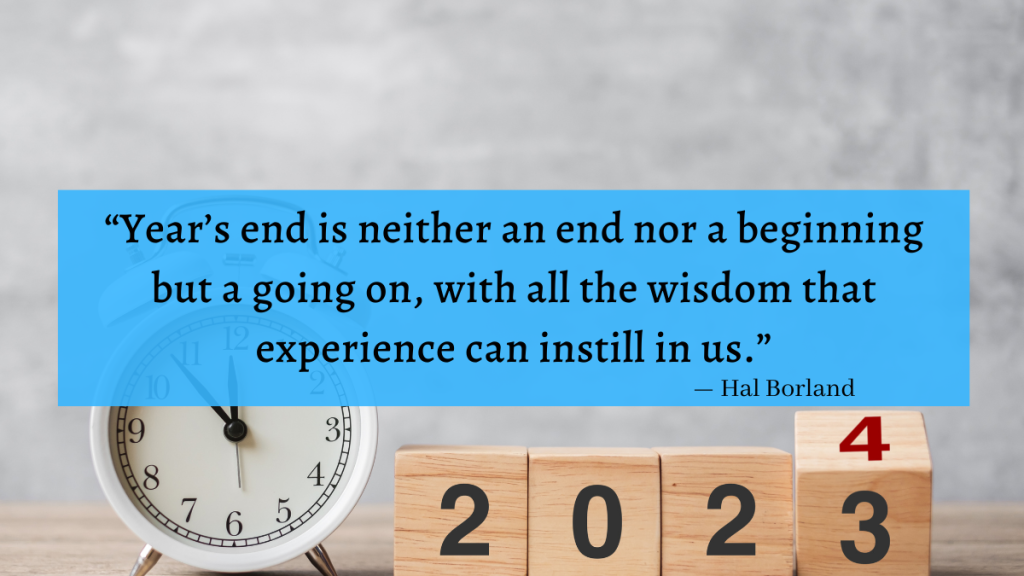Published on: 08 Jan 2024
Grief is something everyone will experience at some point in life. It’s a universal reaction to loss that’s unavoidable. Yet, while it’s a journey everyone must eventually take, the path to healing from grief is unique. No two people’s experiences with grief are the same, which makes the grief journey even more lonely, painful, and difficult to navigate. The good thing is, grief counseling can help.
Grief counseling is a specific type of therapy that helps you understand and process the emotions brought on by grieving. It’s a place where you can build coping strategies and increase self-awareness as you learn to accept reality after loss.
There are several benefits to grief support therapy. From providing an open, safe space where you can express yourself, to learning complicated grief coping tools that specifically work for your needs, to coming to a place of acceptance — if you’re wondering if grief counseling is worth it, the answer is yes.
Keep reading to learn more about the benefits of grief counseling that can help you cope with your loss.
1. Help with Understanding Grief
One of the best benefits of grief counseling might be that it can help you understand what you’re going through. Grief counselors act as a guide while you learn to process and understand the stages of grief.
Developed by Elizabeth Kübler-Ross in her groundbreaking 1969 book, On Death and Dying, there are 5 stages of grief often referenced in counseling.
Stages most people experience as they grieve include:
- Denial
- Anger
- Bargaining
- Depression
- Acceptance
It’s important to note that the stages of grief are not linear or identical for everyone. How, when, and even if you experience each stage can differ from person to person. More recently, David
Kressler added 2 more stages of grief that are commonly accepted. They are shock and testing.
2. A Safe Space to Express Emotions
It’s crucial to understand there’s no timeline for the grief journey. Most people vastly underestimate how long the grieving process takes. Research shows on average, it can take up to 2 years to heal from significant loss.
Due to the length of time the grieving process takes, you might find it difficult to express your emotions in a place where you feel safe. It might feel like the world has moved on, but you’re stuck without a way to express yourself. Grief counseling can offer that haven, where no emotion is out of place.
3. Coping Mechanisms
Counseling will offer a tool kit filled with grief therapy techniques and coping tools. Coping mechanisms for grief are crucial in helping you process any complicated grief emotions while you heal.
Common coping mechanisms used in grief therapy include:
- Journaling: Writing down your feelings and thoughts helps you process them more deeply. Research suggests that journaling can be an effective way to manage anxiety, stress, and depression, which are often related to loss.
- Deep breathing: The art of deep breathing is a way to calm the mind and regain control over your emotions. There are several breathing techniques you can learn in therapy that can help you when your grief is all-encompassing, and you can’t see a way out.
- Mindfulness: Mindful meditation is an ancient practice of being still. It focuses on calming the mind and letting go of regrets from the past or worries about the future.
- Positive reframing: In therapy, you learn how to reframe your thoughts about grief. While at first this may seem impossible — nothing good came from your loss — the concept of reframing isn’t just “looking at the glass half full.” It’s more like consciously focusing on the good memories or putting effort into a tribute for the person you lost — actions that can help relieve some of the pain you’re experiencing.
4. Increased Self-Awareness
One of the most incredible benefits of any type of therapy is how it helps boost self-awareness. In grief therapy, you gain a good grasp and understanding of the feelings and emotions you experience during the grieving process.
With self-awareness comes a rise in consciousness that helps you recognize unhealthy or unhelpful thought and behavior processes that might evoke psychological pain. Therapy can help you learn effective tools to manage these moments in constructive, positive ways.
5. Help with Accepting Reality
Acceptance can be one of the most complicated stages of grief to move through. Grief therapy allows you to come to terms with the harsh reality of your loss. It’s important to note that acceptance doesn’t mean forgetting about your loved one or feeling at peace with the loss. Instead, it’s knowing how to live with your new reality.
6. Reduces Isolation
Grief can be a very isolating and lonely experience. Though it’s a personal and solitary time in your life, it doesn’t have to remain that way. A grief counseling session can be comforting, and your grief therapist can offer you validation when you feel alone or like nobody understands your pain. Understanding that your feelings aren’t wrong or abnormal is vital to healing.
It’s common to feel a disconnect when you’re grieving. Therapy with a grief counselor can help you reconnect and explain where you are emotionally if others can’t see what you’re going through.
7. Restored Sense of Control
With grief often comes anxiety and stress, which can make you feel out of control. Therapy and grief counseling techniques can be a lifeline that guides you through these emotional storms so you can find calm.
One of the most critical aspects of therapy is that it doesn’t mask symptoms. Instead, your grief therapist gives you the tools for long-term resilience so you can handle whatever else life throws at you, even when you’re in a fragile state that comes with grieving.
Learning to master your emotions is crucial after a loss. It’s always OK to be authentic and “feel your feelings,” but knowing you can control them is empowering. It will bring hope back into view, even though grief has changed everything you know about your world.
“Grief can change a person’s entire perspective on life. There can be overall changes in sleep patterns, eating patterns, overall energy decreases there’s forgetfulness and trouble concentrating. Mood changes like irritability and overall sadness.”
8. Help with Life Transitions
By seeking therapy to manage your grief, you’ll learn how to move towards a new reality after loss with grief counseling techniques. Going to a grief counseling session can pave the way as you work toward acceptance and growth. Maybe this means adjusting to living alone or dealing with significant shifts professionally, but therapy can offer grief support as you learn to understand your new roles and territory.
9. Effective Communication Skills
Learning to communicate effectively is a life skill you’ll benefit from long after you go through the grieving process. The capacity to communicate clearly and in a thoughtful, expressive manner allows the people around you to understand what you’re struggling with so they can surround you with a supportive and sympathetic circle as you heal.
10. Support in Rebuilding Relationships
Grief can make sustaining relationships challenging. It’s easy to pull away from others, and feeling misunderstood, even by those closest to you, is not uncommon. Therapy can help you strengthen bonds again so you can reshape damaged relationships.
By coping with and expressing your emotions in healthy ways, you can reestablish deep connections with people you may have distanced yourself from.
11. Finding Meaning After Loss
It feels impossible, but you can find meaning after loss. Even when it seems like you’re drowning or that your grief is swallowing you up, grief counseling can show you how to take — sometimes very small — steps toward finding purpose.
Loss can create a void so big that your entire worldview shifts. Therapy with a grief counselor helps you embrace the transformation loss causes, as post-traumatic growth focuses on slowly letting go of the pain you’re in.
“Through the pain, sometimes grief can put things into perspective. The grieving process can slow an individual down so much that they start to see the world differently. Through the grieving process and with the help of a grief counselor, you can find ways to put the grief into perspective. Sometimes, grief can even redefine an individual’s life purpose.”
Is Grief Counseling Worth It?
It’s completely normal to wonder if grief counseling is worth it. The short answer is: yes, it is. According to research, while most people will be able to cope with grief without intervention or professional help from a grief therapist, experiencing loss is linked to both mental and physical outcomes.
- Mental health impact: According to research, grief is linked to an increase in poor mental health, causing higher rates of mood disorders, post-traumatic stress disorder (PTSD), depression, and anxiety.
- Physical impact: Some studies indicate that grief can affect physical health and even lead to an increased risk of mortality.
Getting a hold on your grief by managing and working through it in therapy can help you ease the impact it has on your life.
Begin Your Healing Journey with Talkspace
If you need help dealing with grief, Talkspace is an online therapy platform that simplifies the therapeutic process. Online grief counseling is just as effective as in-person — it offers you access to professional, experienced grief counselors so you can find the strength you need to navigate your grief and come out on the other side.
Sources:
- Tyrrell P, Harberger S, Schoo C, Siddiqui W. Kubler-Ross stages of dying and subsequent models of grief. National Library of Medicine. Accessed December 12, 2023. https://www.ncbi.nlm.nih.gov/books/NBK507885/.
- Grief, bereavement, and coping with loss (PDQ®). National Library of Medicine. October 18, 2022. Accessed December 12, 2023. https://www.ncbi.nlm.nih.gov/books/NBK66052/
- Smyth JM, Johnson JA, Auer BJ, Lehman E, Talamo G, Sciamanna CN. Online positive affect journaling in the improvement of mental distress and well-being in general medical patients with elevated anxiety symptoms: A preliminary randomized controlled trial. JMIR Mental Health. 2018;5(4). doi:10.2196/11290. https://www.ncbi.nlm.nih.gov/pmc/articles/PMC6305886/. Accessed December 12, 2023.
- Newsom C, Schut H, Stroebe MS, et al. Effectiveness of bereavement counselling through a community‐based organization: A naturalistic, controlled trial. Clinical Psychology & Psychotherapy. 2017;24(6). doi:10.1002/cpp.2113. https://www.ncbi.nlm.nih.gov/pmc/articles/PMC5763344/. Accessed December 12, 2023
- Zisook S, Iglewicz A, Avanzino J, et al. Bereavement: Course, consequences, and care. Current Psychiatry Reports. 2014;16(10). doi:10.1007/s11920-014-0482-8. https://link.springer.com/article/10.1007/s11920-014-0482-8. Accessed December 12, 2023.
Articles contain trusted third-party sources that are either directly linked to in the text or listed at the bottom to take readers directly to the source.
Talkspace mental health services
Convenient and secure online therapy from the comfort of your home
Psychiatric treatment from a licensed prescriber
Relationship-centered therapy that connects you and your partner
Specialized online therapy for ages 13-17





